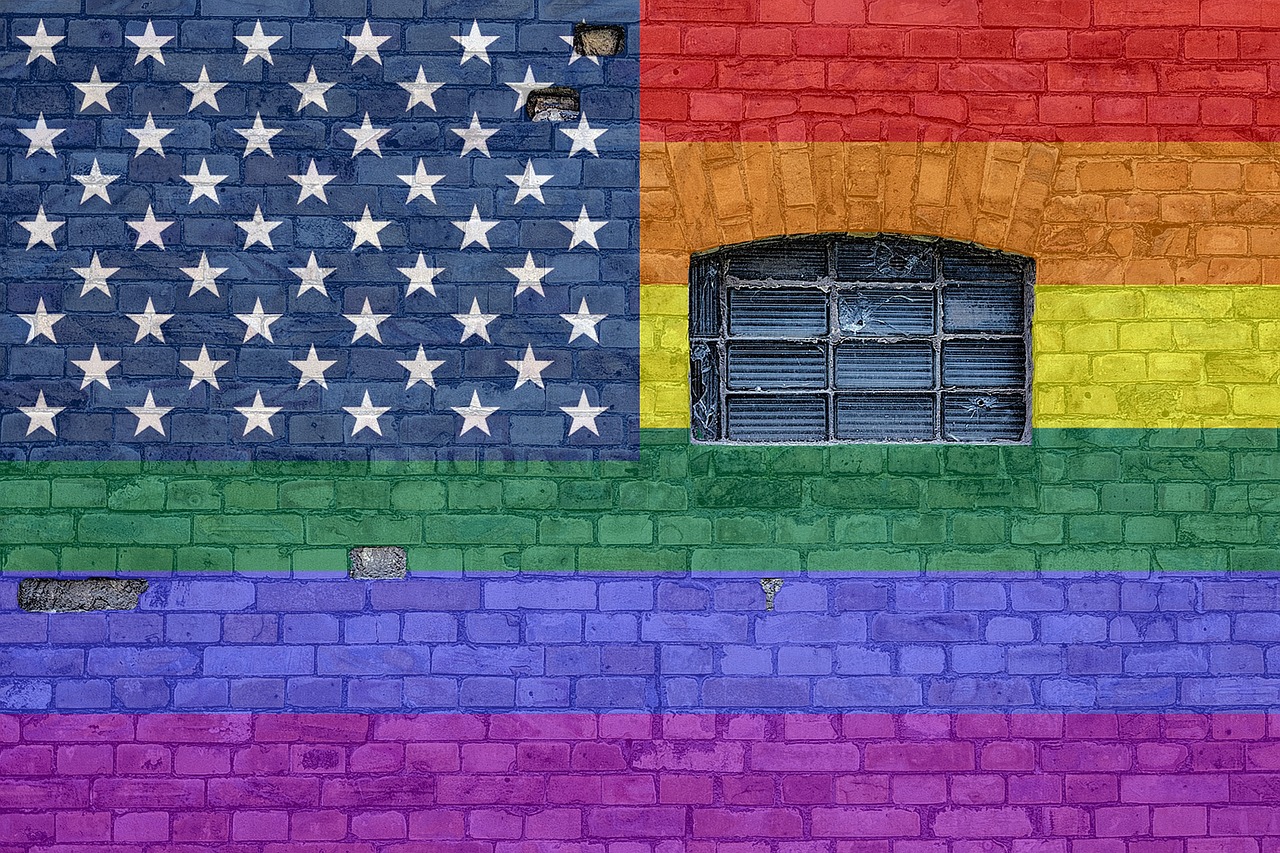The Fair Housing Act Will Enforce Prohibition on Discrimination Based on Sexual Orientation and Gender Identity

On February 11, 2021, the U.S. Department of Housing and Urban Development announced that it will begin to enforce the Fair Housing Act to prohibit discrimination based on sexual orientation and gender identity. This is a significant change because in many states, including Pennsylvania, a person’s sexual orientation and/or gender identification has not been treated as a protected class.
Moving forward, housing providers, like landlords and condominium and homeowners’ associations, will need to treat sexual orientation and gender identity the same way that they treat race, color, gender, nationality, disability and familial status.
Reasonable Accommodations
Most of my posts on Lancaster Law Blog that deal with the Fair Housing Act talk about emotional support animals. All of the emotional support animal stories involve someone with a disability requesting a reasonable accommodation.
The person’s disability makes an accommodation necessary so that the person can enjoy their housing the same way as someone without the disability. This is usually called equal footing.
Protections Against Discrimination
Sexual orientation and gender identity should not have the same questions about whether a reasonable accommodation is necessary. Instead, landlords and associations should think of this in the same way as the FHA protections against racial discrimination.
You cannot make it impossible or more difficult to buy or rent a unit because of a person’s race, national origin, sexual orientation or gender identity.
How This Affects Landlords and Associations
Here are a handful of examples where landlords and associations might need to be careful. However, this is not intended to be a complete list of actions that violate the FHA.
(Also, please excuse me if I mistakenly do not use the preferred nomenclature for sexual orientation and gender identity. I am trying to help association boards and property managers, who might not have a clear understanding of the LGBTQ+ community.)
You cannot “limit privileges or services” because of a protected class.
This means that a community cannot ask a transgender woman to only wear men’s clothing in the common areas of the building. This includes places like community pools, clubhouses, exercise facilities, etc.
Landlords and associations are responsible for the actions of their employees and independent contractors.
If a contractor creates a hostile environment by harassing a resident – by making lewd and unwanted comments towards a resident, for example – the association could be responsible for an FHA violation.
Associations may have to step in to prevent harassment of one resident by another resident.
In September 2016, HUD published their Quid Pro Quo And Hostile Environment Harassment rule. This (much maligned) rule says that an association can be liable for discriminatory housing practices by:
Failing to take prompt action to correct and end a discriminatory housing practice by a third-party, where the person knew or should have known of the discriminatory conduct and had the power to correct it. The power to take prompt action to correct and end a discriminatory housing practice by a third-party depends upon the extent of the person’s control or any other legal responsibility the person may have with respect to the conduct of such third party.
The controversial part of this rule is whether an association has any legal control or responsibility to stop one person from harassing another. This varies from neighborhood to neighborhood. But the thing to remember is that landlords and associations might have to worry about other residents’ discrimination based on sexual orientation and gender identity.
~
Like any new federal enforcement initiative, it will take some time before regulators and investigators determine what kinds of actions are violations. In general, if landlords and associations start to think of sexual orientation and gender identity in the same way that they think of race or gender, most of the problems with the Fair Housing Act can be avoided.
But if someone says that they are being treated differently because of their sexual orientation or gender identity, you need to stop and think about what is happening. As always, contact your attorney with any questions to make sure you’re in compliance with what the law says.
